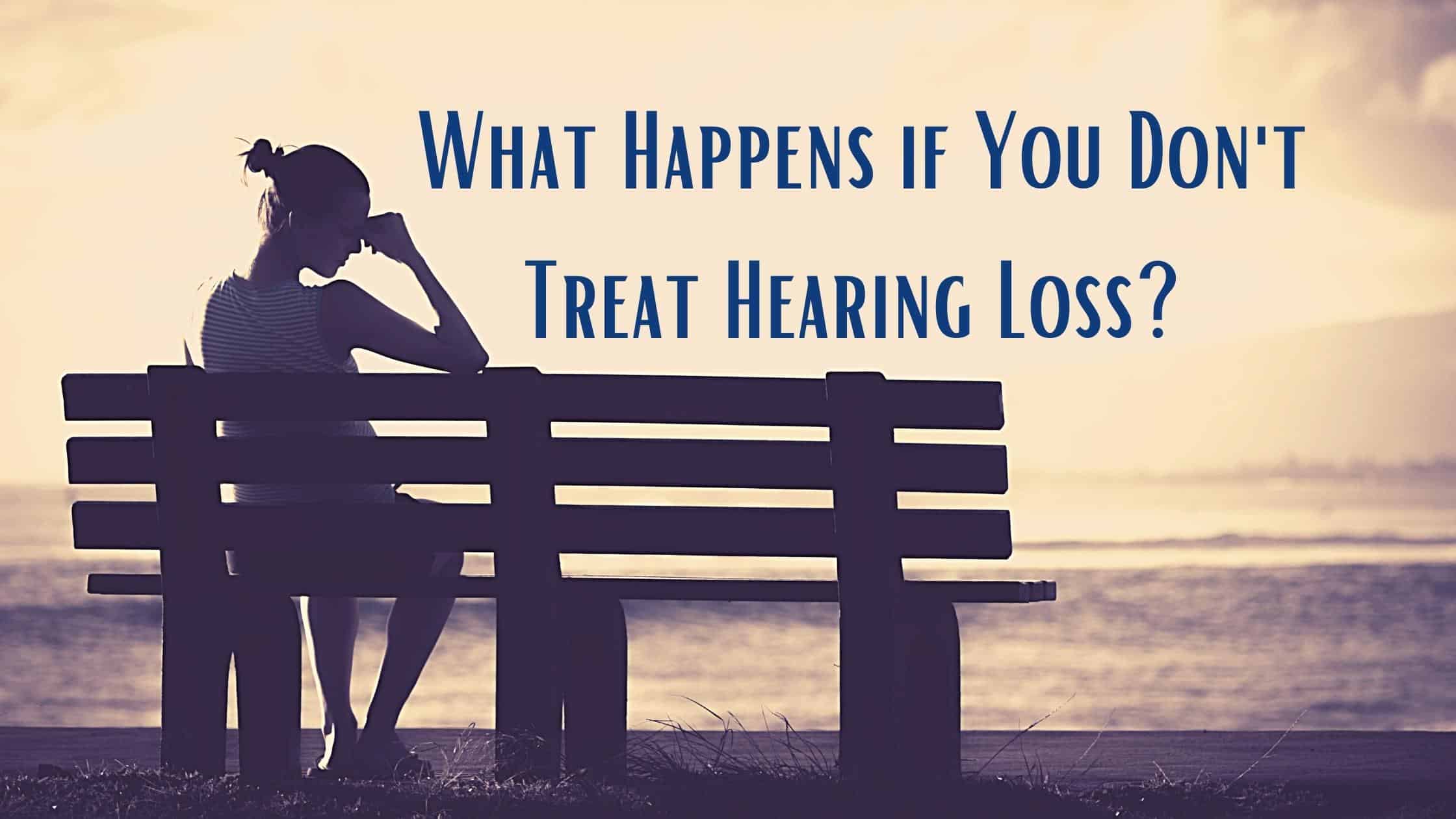
We mention pretty often on our blog that hearing loss is best treated early, but we don’t always have the chance to get into what this means. Early treatment is important for multiple reasons including minimizing the impact hearing loss has on the way you hear and curtailing negative quality of life effects that untreated hearing loss can provoke. Today we’re going to look at why early treatment for hearing loss is important and what can happen when you put off dealing with hearing health issues.
Worsening Hearing Loss Changes Your Brain
Many people assume that mild hearing loss isn’t inconveniencing them enough to seek hearing loss treatment. Actually, mild hearing loss is the easiest and most effective stage at which to treat hearing loss so it is important to act on changes to your hearing. A big factor in the importance of early treatment is the fact that hearing loss that is allowed to progressively worsen fundamentally alters the way our brain processes sound.
Early in life our hearing carves pathways in our brain to allow for fast and accurate comprehension of complex sounds. We use these healthy hearing shortcuts throughout our life to make the mental processing of sound as efficient and low-energy as it can be. When hearing loss is present however, it has a corrosive effect on our hearing efficiency. The mind can no longer rely on familiar patterns and begins to forge new hearing comprehension techniques. Simultaneously, hearing begins to take more mental effort and involve unfamiliar cognitive methods all while the established hearing pathways begin to erode.
The longer this process of hearing loss is allowed to go unaddressed, the less our hearing resembles healthy hearing. When hearing loss is finally addressed, the sound enhancements offered by hearing aids may seem utterly unfamiliar or foreign at first. Often, long ignored hearing decline requires longer and harder adjustment periods to treatment.
Unaddressed Hearing Loss Diminishes Quality of Life
An often unacknowledged consequence of untreated hearing loss are accumulating social and emotional issues that can arise. Untreated hearing loss puts people at an elevated risk of depression, anxiety and isolation, as well as severe cognitive consequences like increased risk of dementia. All of these quality of life factors have their root in the challenges that hearing loss creates for interpersonal communication.
Often, being unable to comprehend others easily leads to the dual consequences of misunderstanding others while feeling that you yourself are being misunderstood. Unaddressed hearing loss often creates rifts in communication between friends, family, coworkers and even intimate partners. It can decidedly strain and reduce important relationships and as a result can socially isolate an individual.
Similarly, hearing loss can reduce our willingness to encounter unfamiliar people, settings and situations because hearing challenges make them too difficult to navigate. Untreated hearing loss can drive us away from favorite activities that become unenjoyable when hearing loss is restricting us. The uncertainty that accompanies unaddressed hearing problems often manifests as anxiety and reduces our willingness to engage in the world.
Depression can also spring easily from the conditions that untreated hearing loss creates. Feeling disengaged and disconnected from others in depression can also be reinforced when anxiety and isolation are also occurring.
A Long Term Cognitive Toll
Leaving hearing loss untreated has long-term health consequences as well. One of the most significant is decreased cognitive performance and an elevated risk of developing dementia. As we reviewed above, living with untreated hearing loss gradually reshapes the brain and reorganizes the way we hear. This reorganization requires far greater mental resources to support our hearing comprehension. Focus and attention are often pulled away from other cognitive tasks to assist in how we hear. This redistribution of mental resources is seen as a fundamental factor in the connection between dementia and untreated hearing issues.
Seeking Treatment
While leaving hearing loss untreated comes with a wide range of negative consequences, fortunately, there is a way to avoid them: treat hearing loss early. Early treatment reduces the negative impact hearing loss has on your life and helps support your healthy cognitive patterns. Treating hearing loss early may also help you avoid changes to your quality of life and keep you engaged with the people, places and activities that mean the most in your life.
Is it time to address changes in your hearing? Confront hearing issues when they arise by giving us a call today!
